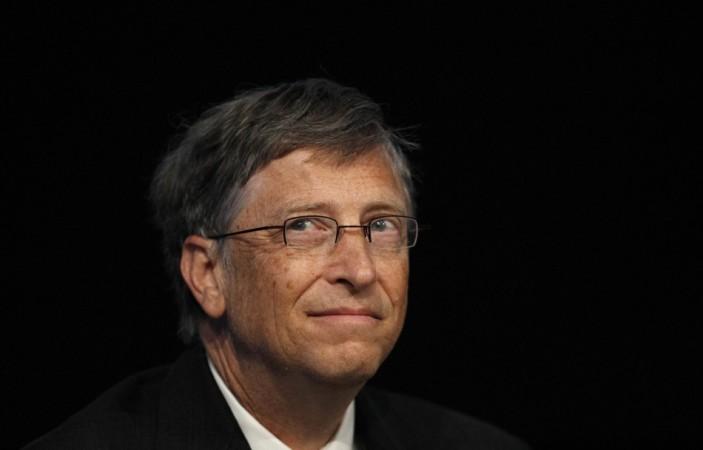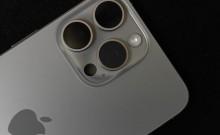
A new venture funded by Billionaire Bill Gates with the aim of turning used toilet water into drinking water could transform the lives of millions of people of the Third World, the Daily Mail reports.
Sara Haigh, an expert in nanotechnology from Manchester University, is working on a device that would turn your urine-mixed water into clean drinking water. She believes that a new range of materials could extract material from human waste making waste water from toilets safe to drink.
"I get a lot of comments about the research I do. I don't mind people making jokes as long as they're clean ones," the Daily Mail quoted Dr Haigh as saying.
"There has been a lot of research into biofuels. There is a lot of energy already present in human waste. Nano-scale materials mean that you can harvest the hydrogen and turn it into hydrozene - which is basically rocket fuel. Even 'boring' materials such as nickel or iron have quite remarkable properties and react very differently when you get to the nano-scale," she said.
The team was initially given $100,000 from the Bill and Melinda Gates Foundation to pursue the research, and an additional $1 million would be given if the team could demonstrate that their technology actually works.
The research is going to be a complicated science. In the initial steps the waste which contains bacteria and nano-particles, will go to a special container. A tiny part of metal will react with the water to extract useful hydrogen and the remainder is filtered again. Once the process is complete, the remaining water could be used for drinking.
"The phrase 'off to spend a penny' is used in polite society to refer to a visit to the lavatory. We plan to turn this essential everyday outgoing into an investment by developing novel materials that convert natural waste into a useable resource," the Daily Mail quoted Dr Haigh as saying.
"This technology will be particularly important for remote locations in developing countries and will have the added benefits of reduced pollution and lower waste disposal costs," she said.
A demonstration of the invention could be expected by 2013 but the project may prove to be more controversial even though "toilet-to-tap" water is widely used in some of the world's wealthier countries.









